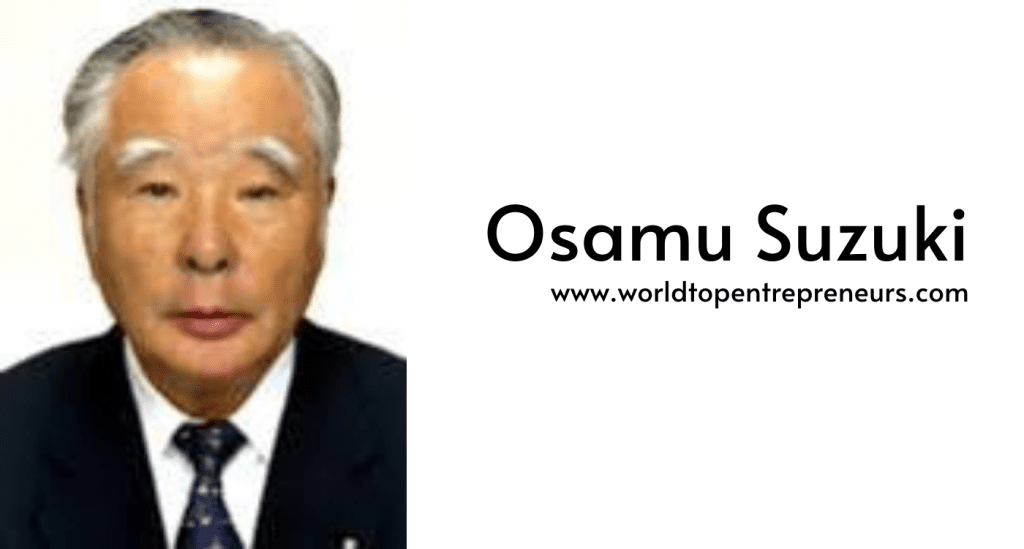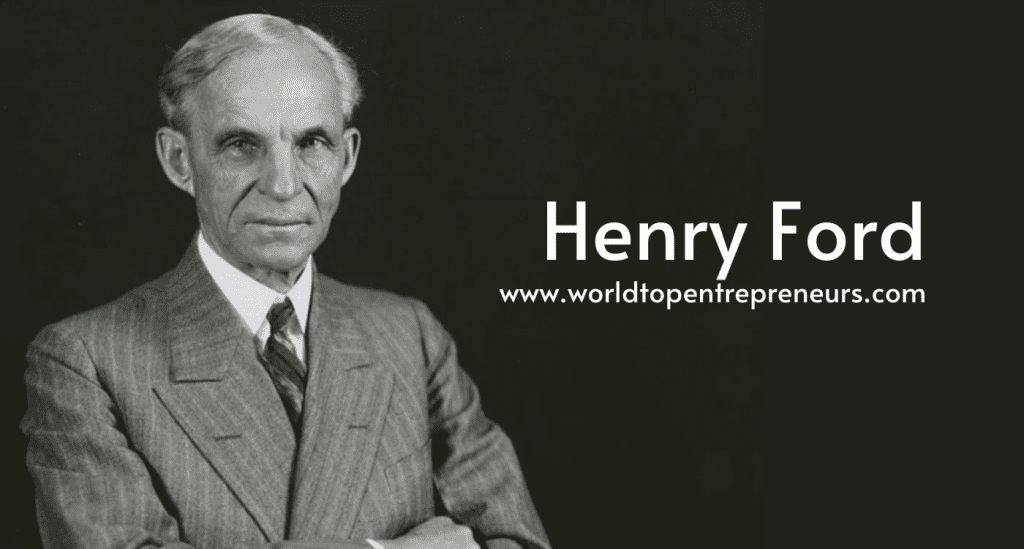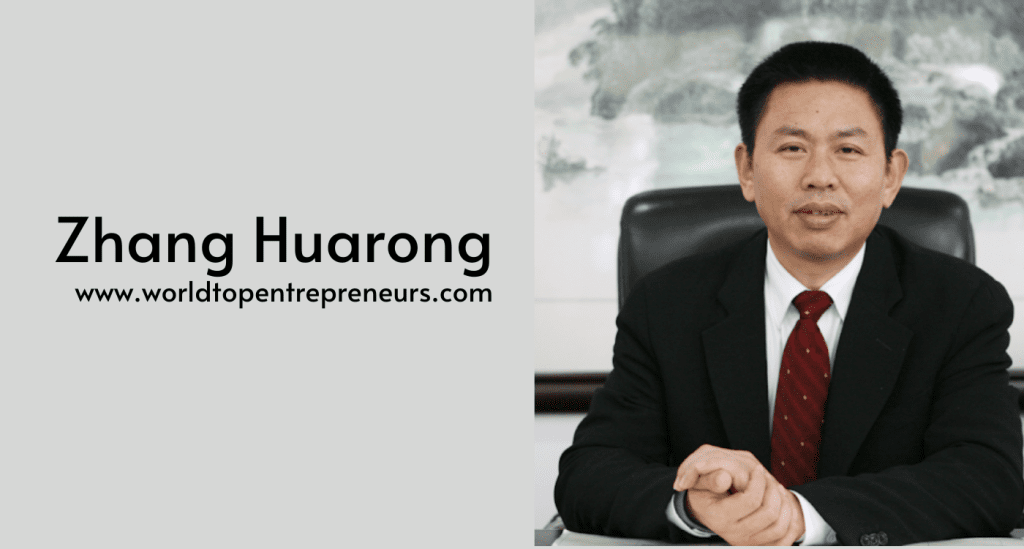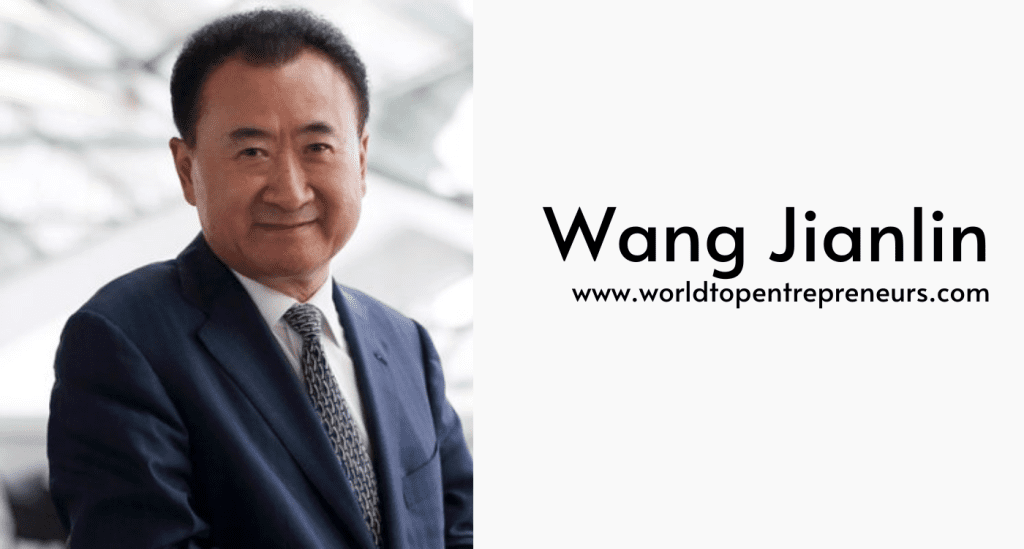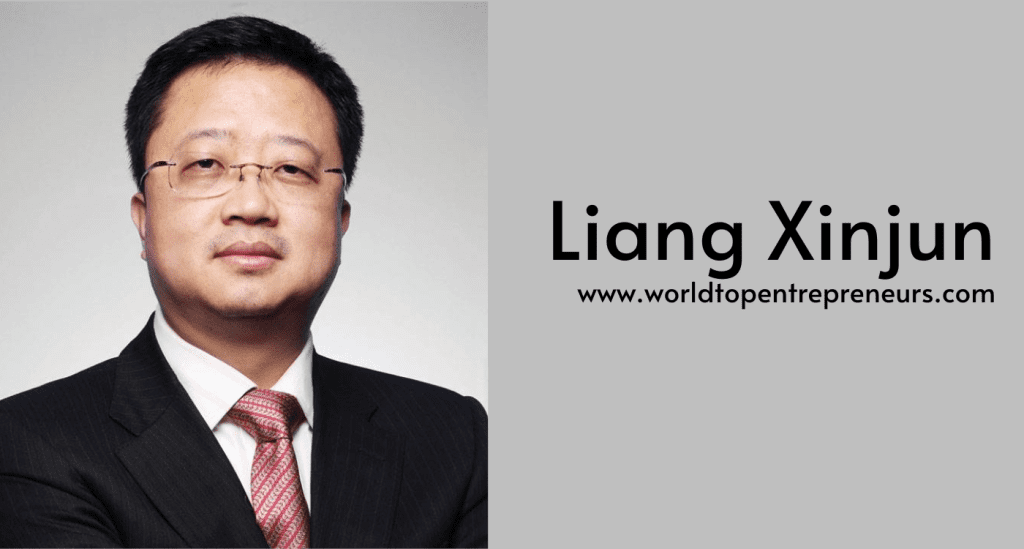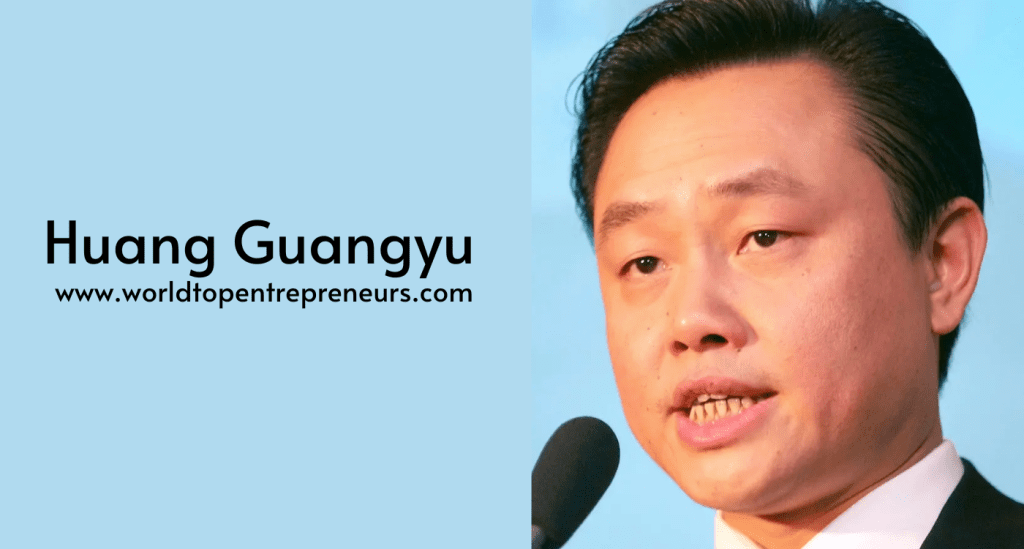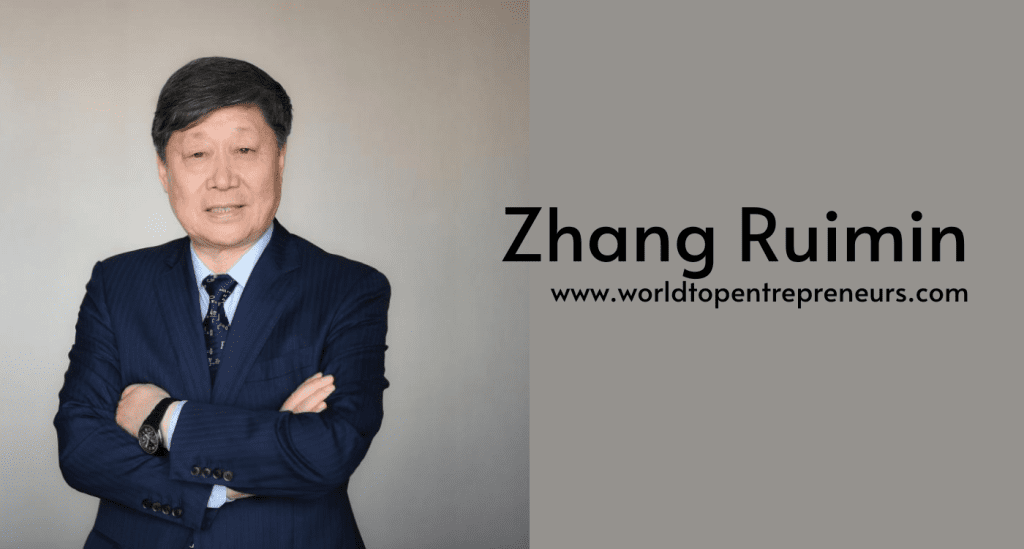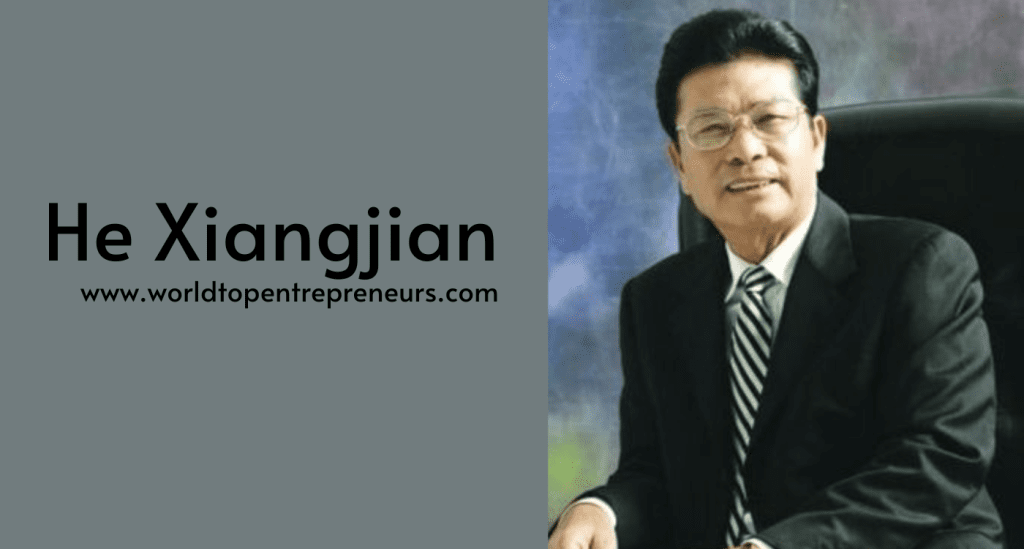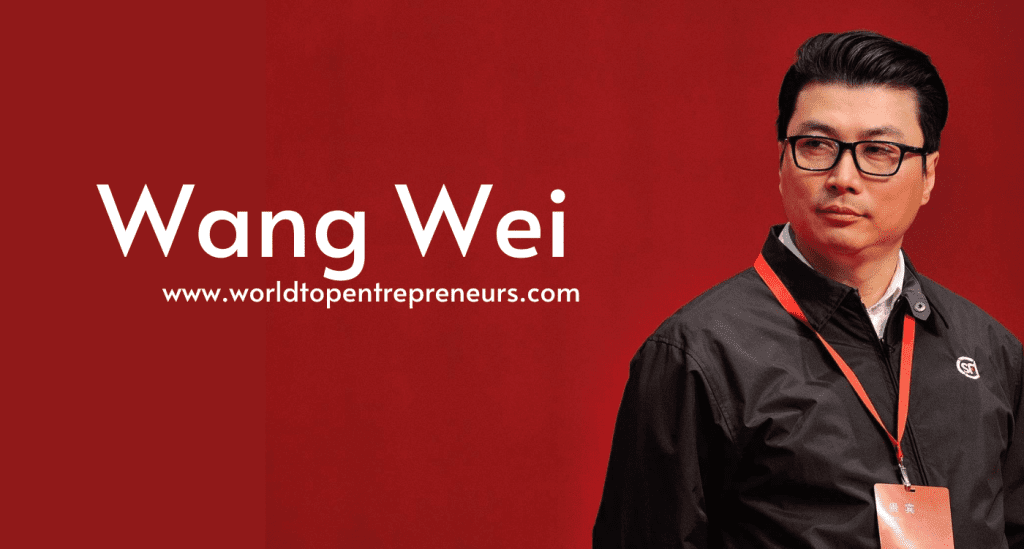In the annals of automotive history, few names are as synonymous with innovation and global expansion as Suzuki Motor Corporation. The man behind this transformative journey is Osamu Suzuki, whose leadership and vision propelled Suzuki from a small domestic manufacturer to a global powerhouse in the automobile industry. This article delves into Osamu Suzuki’s remarkable journey, examining his contributions, challenges, and the enduring impact of his leadership on Suzuki Motor Corporation and the global automotive landscape.
Early Life and Background
Osamu Suzuki was born on June 4, 1929, in Hamamatsu, Shizuoka Prefecture, Japan. His early years were shaped by Japan’s post-war economic recovery and industrialization. Growing up in a rapidly changing environment, Suzuki developed an early fascination with machinery and engineering.
His academic journey began at Hamamatsu High School, where he demonstrated a keen interest in technical subjects. This passion led him to pursue higher education at the Tokyo University of the Arts, focusing on mechanical engineering. His educational background provided a solid foundation for his future endeavors in the automotive industry.
Joining Suzuki Motor Corporation
Suzuki’s journey with Suzuki Motor Corporation began in 1958, a pivotal year for both him and the company. At that time, Suzuki was primarily known for its textile machinery and had recently ventured into the automobile market. The company, founded by his grandfather, Michio Suzuki, had established a reputation for quality and innovation in the textile industry, but it faced challenges in its new automotive ventures.
Osamu Suzuki joined the company as an engineer and quickly demonstrated his prowess and vision. His entry into the automotive division marked the beginning of a new era for Suzuki Motor Corporation. His early contributions focused on enhancing the company’s engineering capabilities and driving innovation in vehicle design.
Transformation and Leadership
Osamu Suzuki’s leadership was instrumental in transforming Suzuki Motor Corporation from a regional player into a global automotive force. His strategic vision, combined with a relentless drive for excellence, played a crucial role in the company’s evolution.
- Expanding Product Lines
One of Suzuki’s significant contributions was the expansion of the company’s product lines. Under his leadership, Suzuki diversified its offerings to include a wide range of vehicles, from compact cars to SUVs and motorcycles. This diversification allowed Suzuki to cater to various market segments and meet the evolving needs of consumers.
The introduction of models like the Suzuki Alto, a compact and fuel-efficient car, and the Suzuki Vitara, a popular SUV, showcased Suzuki’s commitment to innovation and market responsiveness. These vehicles quickly gained popularity due to their affordability, reliability, and performance.
- Global Expansion
Osamu Suzuki’s vision extended beyond Japan’s borders. He recognized the potential for Suzuki Motor Corporation to become a global player in the automotive industry. In the 1980s and 1990s, Suzuki embarked on an ambitious international expansion strategy.
The company established manufacturing facilities and partnerships in key markets around the world. Suzuki’s entry into the North American market in 1985 marked a significant milestone, with the introduction of models like the Suzuki Samurai gaining traction among American consumers. The company also expanded its presence in Europe and Asia, further solidifying its global footprint.
- Emphasis on Research and Development
Innovation was at the heart of Osamu Suzuki’s strategy. He understood the importance of research and development in staying ahead of industry trends and meeting consumer demands. Suzuki Motor Corporation invested heavily in R&D to develop new technologies and improve existing products.
Under Suzuki’s leadership, the company pioneered several advancements in automotive technology, including innovations in fuel efficiency, safety features, and engine design. Suzuki’s commitment to R&D ensured that the company remained competitive and continued to deliver cutting-edge products.
Challenges and Resilience
The journey of transforming Suzuki Motor Corporation into a global automotive leader was not without its challenges. Osamu Suzuki faced numerous obstacles, including economic fluctuations, intense competition, and shifting consumer preferences. However, his resilience and strategic thinking were crucial in overcoming these challenges.
- Economic Fluctuations
Economic downturns and fluctuations are common challenges in the automotive industry. Suzuki Motor Corporation faced several economic crises during its growth trajectory, including the oil crises of the 1970s and the global financial crisis of 2008. Osamu Suzuki’s leadership during these periods was marked by strategic adjustments and a focus on cost management.
Suzuki implemented measures to streamline operations, reduce costs, and enhance efficiency. These strategies helped the company navigate economic uncertainties and maintain its profitability.
- Competitive Pressures
The automotive market is highly competitive, with numerous players vying for market share. Suzuki faced stiff competition from both domestic and international automakers. Osamu Suzuki’s approach to competition involved a focus on differentiation through innovation, quality, and affordability.
Suzuki’s emphasis on producing small, efficient vehicles allowed the company to stand out in a crowded market. By offering products that delivered value for money and met consumer needs, Suzuki was able to maintain its competitive edge.
- Evolving Consumer Preferences
Consumer preferences in the automotive industry are constantly evolving. The shift towards environmentally friendly vehicles, advances in technology, and changing lifestyles influenced consumer choices. Osamu Suzuki’s ability to anticipate and respond to these changes was a key factor in Suzuki’s success.
Suzuki’s investments in hybrid and electric vehicle technology reflected the company’s responsiveness to shifting consumer demands. The introduction of models like the Suzuki Alto Hybrid demonstrated Suzuki’s commitment to sustainability and innovation.
Legacy and Impact
Osamu Suzuki’s legacy is deeply ingrained in the success of Suzuki Motor Corporation and the global automotive industry. His contributions have left an indelible mark on the company and its position in the market.
- Industry Leadership
Osamu Suzuki’s leadership helped establish Suzuki Motor Corporation as a prominent player in the global automotive industry. The company’s reputation for producing high-quality, affordable vehicles reflects Suzuki’s commitment to excellence and innovation.
Suzuki’s success in both the automobile and motorcycle markets highlights the principles and practices instilled by Osamu Suzuki. His focus on engineering excellence, market responsiveness, and global expansion laid the foundation for Suzuki’s continued success.
- Contributions to Automotive Technology
Suzuki’s contributions to automotive technology are a significant part of Osamu Suzuki’s legacy. The company’s advancements in engine technology, fuel efficiency, and safety features have had a lasting impact on the industry. Suzuki’s commitment to R&D and technological innovation continues to drive progress in the automotive sector.
- Enduring Influence
Osamu Suzuki’s legacy continues to influence the automotive industry and inspire future leaders. His approach to business, focus on innovation, and dedication to quality serve as guiding principles for companies and individuals in the industry.
Personal Reflections and Vision
Osamu Suzuki’s reflections on his career are likely to be filled with a sense of accomplishment and pride. His journey from an engineer to the head of a global automobile powerhouse is a story of vision, perseverance, and impact. Suzuki’s career reflects his dedication to excellence and his ability to drive innovation and growth.
- Visionary Leadership
Suzuki’s success can be attributed to his visionary leadership and ability to anticipate industry trends. His approach to business involved not only expanding Suzuki’s market presence but also driving innovation and technological advancement. Osamu Suzuki’s leadership serves as an inspiration for future leaders in the automotive industry.
- Commitment to Excellence
Suzuki’s commitment to quality and craftsmanship was a defining feature of his leadership. His focus on maintaining high standards and driving continuous improvement contributed to Suzuki’s success and reputation for excellence.
- Legacy of Innovation
Suzuki’s legacy is marked by a commitment to innovation and growth. His contributions to automotive technology, international expansion, and product development have left a lasting impact on the industry. Osamu Suzuki’s vision for Suzuki Motor Corporation continues to shape the company’s future and influence the automotive sector as a whole.
Looking Ahead: The Future of Suzuki Motor Corporation
As Suzuki Motor Corporation continues to evolve and adapt to the changing landscape of the automotive industry, Osamu Suzuki’s legacy remains a guiding force. The company’s commitment to innovation, sustainability, and global growth reflects the principles and values established under Suzuki’s leadership.
- Embracing Innovation
Suzuki’s future will be shaped by its ability to embrace innovation and adapt to changing consumer preferences. The company’s ongoing investments in research and development reflect Osamu Suzuki’s legacy of driving technological advancements and exploring new opportunities.
- Promoting Sustainability
Sustainability remains a key focus for Suzuki, and the company’s commitment to environmental responsibility continues to drive its initiatives. Suzuki’s efforts to develop eco-friendly vehicles and reduce its environmental impact align with Osamu Suzuki’s emphasis on responsible business practices.
- Expanding Global Presence
Suzuki’s global presence is set to expand further as the company explores new markets and opportunities. Osamu Suzuki’s vision for international growth continues to guide Suzuki’s strategic initiatives and global expansion efforts.
Conclusion
Osamu Suzuki’s contributions to Suzuki Motor Corporation and the automotive industry are a testament to his visionary leadership, commitment to excellence, and dedication to innovation. His journey from a young engineer to the head of a global automobile powerhouse is a story of perseverance, creativity, and impact.
Suzuki’s legacy lives on in the continued success of Suzuki Motor Corporation and its role as a leader in the automotive industry. His approach to business, focus on quality, and commitment to sustainability serve as guiding principles for the company and the industry as a whole. As Suzuki continues to evolve and grow, Osamu Suzuki’s influence will remain a driving force, shaping the future of the automotive sector and inspiring future generations of leaders.

